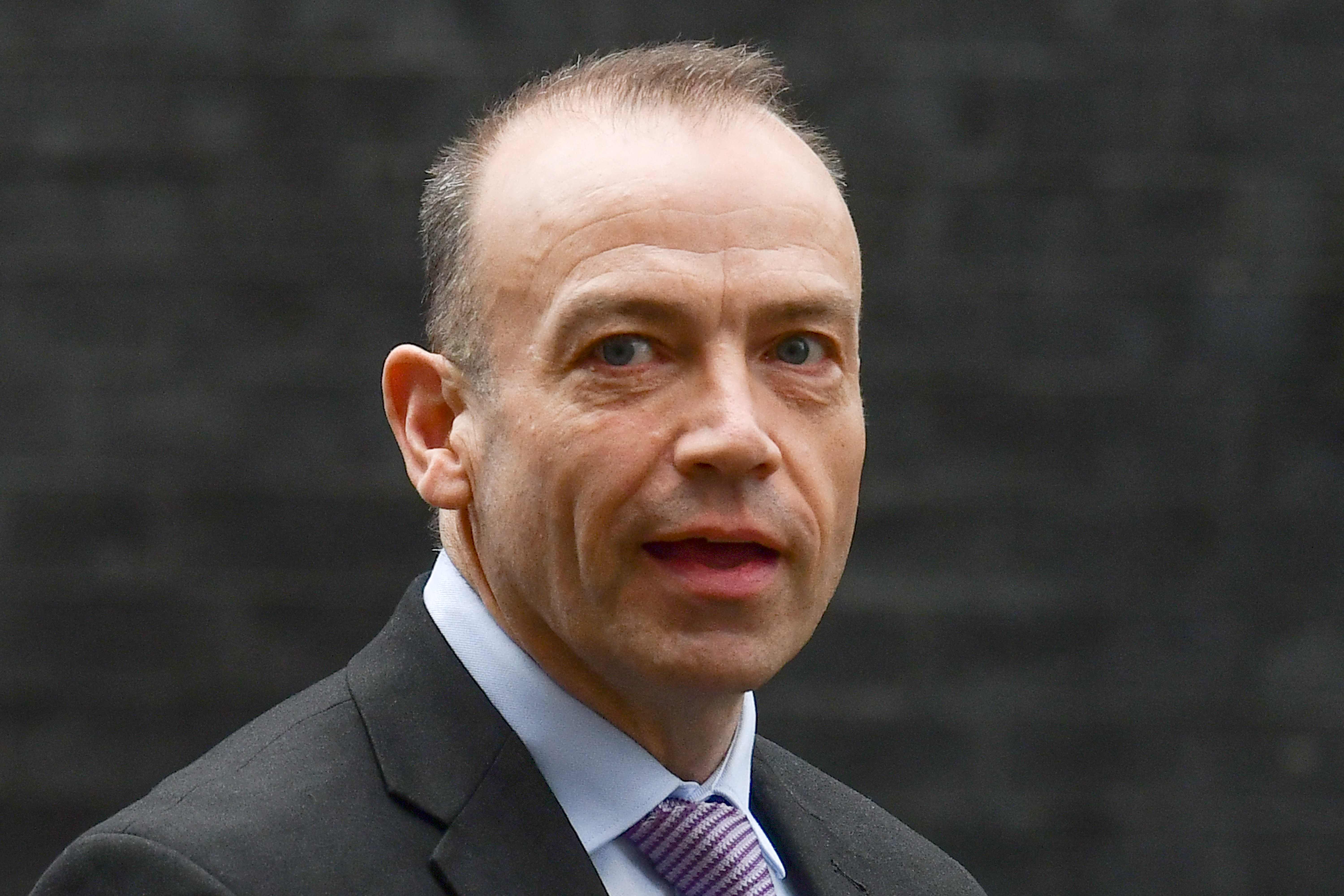What does removing the whip mean? All you need to know about punishment for misbehaving MPs
Removing the whip is a phrase often used about Parliament when MPs are involved in scandals - we look at what it actually involves
Your support helps us to tell the story
From reproductive rights to climate change to Big Tech, The Independent is on the ground when the story is developing. Whether it's investigating the financials of Elon Musk's pro-Trump PAC or producing our latest documentary, 'The A Word', which shines a light on the American women fighting for reproductive rights, we know how important it is to parse out the facts from the messaging.
At such a critical moment in US history, we need reporters on the ground. Your donation allows us to keep sending journalists to speak to both sides of the story.
The Independent is trusted by Americans across the entire political spectrum. And unlike many other quality news outlets, we choose not to lock Americans out of our reporting and analysis with paywalls. We believe quality journalism should be available to everyone, paid for by those who can afford it.
Your support makes all the difference.When an MP hits the headlines for the wrong reasons, you may well hear politicians saying they should have ‘the whip removed’.
The term is used to describe one of the most severe punishments a political party can mete out to its own MPs, and has been frequently used over recent months due to a string of scandals.
Conservative Chris Pincher is the latest MP who faces having the party whip withdrawn after his dramatic resignation on Thursday night. Mr Pincher, deputy chief whip and MP for Tamworth in Staffordshire, has been accused of groping two men at the Carlton Club, a private member’s establishment in London’s Piccadilly.
Asked about Mr Pincher’s future on Friday morning, the government’s Welsh secretary Simon Hart suggested that punishment may well be imminent.
“Let’s let today play out, let the chief whip do his duty today, and then I think we might be having a very different conversation as the day goes on,” he said, setting the stage for an announcement from Chris Heaton-Harris on his deputy’s fate.
But what is a whipe and precisely does it mean to have it removed? We explain it all below.

Who are the whips and what do they do?
All parties have whips – parliamentarians who are charged with keeping MPs and peers in line and voting the way their party wants them to.
The name comes from the term “whipper-in”, the person who, in hunting, would keep the hounds in the pack using a whip.
Broadcaster Jeremy Paxman once described them as “keepers of Parliament’s dark secrets and custodians of the baubles of public life”.
It is the whip’s job to be a line of communication between the party leadership and the backbenchers, taking the mood music of the rank and file, feeding back who may rebel, and trying to quell any major upsets.
What does withdrawing the whip mean?
The penalty is a disciplinary measure most often meted out for misconduct or to ministers who refuse to fall in line and vote with their party on issues deemed to be of particular significance.
This is known as “defying a three-line whip” - a cause considered vital enough to be underlined three times for emphasis.
Should an MP be found to have broken ranks in this manner, their chief whip can choose to remove the whip.
That means they are effectively expelled from their party (but keep their seat) and must sit as an independent until the whip is restored.
If the whip is permanently withdrawn, the MP in question must remain an independent unless they defect to another party, choose to retire or lose their seat.

Who has had the whip removed?
The most recent MP to have been suspended from his parliamentary party was Neil Parish, the former Tory MP for Tiverton and Honiton.
He was forced to admit he had twice streamed pornography on his phone in the Commons, a scandal that led to the eventual loss of his Devon constituency in June’s by-election trouncing by the Liberal Democrats.
In September 2019, 21 MPs lost the whip for voting against the government’s no-deal Brexit, including former chancellors Philip Hammond and Ken Clarke, ex-ministers David Gauke, Dominic Grieve and Greg Clark and Sir Oliver Letwin, Rory Stewart and Sir Nicholas Soames, grandson of Sir Winston Churchill.
Thursday’s drama marks the second time Mr Pincher has been forced to quit the whip’s office, having resigned as a junior whip in November 2017 following a complaint that he made an unwanted pass at the former Olympic rower and Conservative candidate Alex Story.
Having referred himself to both the police and the Conservative Party complaints procedure, he was eventually brought back as deputy chief whip in January 2018 by then-prime minister Theresa May.






Join our commenting forum
Join thought-provoking conversations, follow other Independent readers and see their replies
Comments